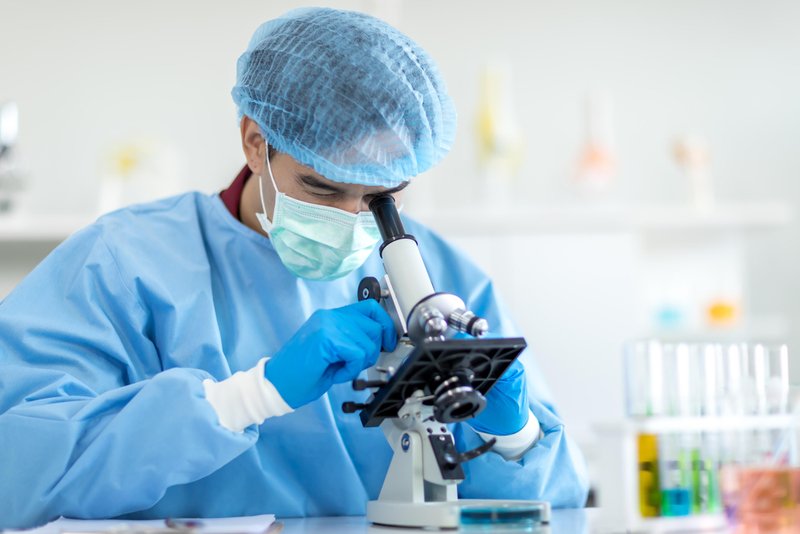IIT M makes nano-coated Mg alloys to fix bone fractures
September 21, 2020 | Monday | News
The team has shown results in treating rabbits & is exploring funding opportunities for applications in humans
Image credit- shutterstock.com
Indian Institute of Technology Madras (IIT-M) researchers have developed nano-coated magnesium (Mg) alloys that can repair bone defects in rabbits.
Encouraged by these results, the research team, which is partnering with several other institutions, is planning to study medical applications of nano-coated magnesium alloys in other animals and repairing human bones.
Alloys of magnesium are being considered as a good option for orthopaedic applications as magnesium is biocompatible, biodegradable and has other important mechanical properties. Magnesium is the fourth abundant metal in the body and is known to accelerate the healing of bones.
However, the use of magnesium alloys in bone repair is restricted due to few issues. These issues have given a major push to the field of synthetic bone biomaterials where materials such as hydroxyapatite, calcium phosphate, and titanium, among others, are being used for filling the bone gaps.
The research was led by Prof. Mukesh Doble, Department of Biotechnology, IIT Madras, and comprised of Dr. Govindaraj Perumal, Post-Doctoral Research Associate, IIT Madras, Dr. Boopalan Ramasamy, Christian Medical College, Vellore, Dr. A Maya Nandkumar, Sree Chitra Tirunal Institute for Medical Sciences and Technology, Thiruvananthapuram, Dr. D. Sivaraman, Sathyabama Institute of Science and Technology, Chennai and Dr. R Selvaraj from Bioscience Research Foundation, Chennai.
For this study, the researchers deployed AZ31 alloy of magnesium and used it for developing magnesium mesh cage implants. Further, they coated these implants with polycaprolactone and nano-hydroxyapatite by dipping and electrospinning. This nano-coated magnesium mesh was then used to heal the bone defect in femur of rabbits.
The researchers found that the rabbit femur implanted with the coated magnesium alloy showed bone formation and also bridged the defect region. The team emphasizes that this was possible due to the biocompatible nature of polycaprolactone and nano-hydroxyapatite which ensured good recovery without any adverse reactions such as ‘fibrosis.’
The team is exploring funding opportunities to further test this newly-developed nano-coated magnesium alloy in repairing bone defects in large animals such as goat or sheep to demonstrate the efficacy of the product and show clinical significance of this research.









